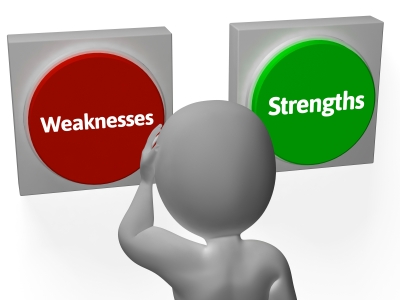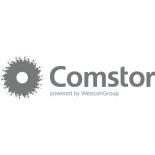
In nine out of ten job interviews, the recruiter will ask you about your strengths and weaknesses. How can you make a good impression?
In the heat of the interview it is not easy to come up with a number of strengths and weaknesses It certainly helps to prepare for this and to create a list with three good and three bad qualities and prepare an example for each quality. But how do you get to that list?
Good qualities are often evident for you.
It is sometimes difficult to become aware of these because it often does not feel as above average. Therefore ask friends or family what they typically find about you.
Keep in mind, however, that everyone looks at someone else from their own point of view. If the person you ask this is very introverted, he will label you as an extravert. Therefor you should ask more than one person.
The key question remains which bad qualities you should mention and which ones not.
Of course you have to be honest, but you also have to sell yourself. A recruiter will appreciate honesty, but will not find smart if you mention characteristics that put you in a bad light. The way you deal with interview questions will reveal a lot about your social skills.
Try to avoid such negative statements about yourself as “I find it difficult to work with other people” or “I am not really accurate”.
Are these characteristics of you, we at Compusearch advise you not to be too honest about them.
Other candidates mentions strengths masked as weaknesses.
Someone who claims that he is perfectionist or always works too hard does not actually answer the question. This is really too transparent for a recruiter. Try to avoid this.
You should also avoid thinking for the recruiter. Never say: "Maybe you think I'm not ambitious because I've worked in the same job for so long". The recruiter might not have thought about this yet, but you have made him think of it through your comment.
If you are asked about your weaknesses during a job interview, it is more positive to speak of points for improvement.
These are not permanent and can be further developed by you and your future employer. Some examples:
- I would like to improve my presentation techniques.
- I am not very good negotiator, I would like to learn that.
- I find it difficult to delegate and want to do too much myself.
The above examples really say something about you as a person. But pay attention that they are not hard requirements in the job profile, otherwise you should first ask yourself whether you are the right person for this job.
Logically, the recruiter will ask you how you think you will develop these weaknesses.
Be prepared for that and think of how you will improve the points before you start the conversation.















